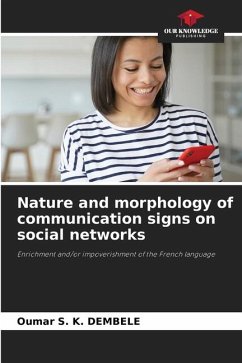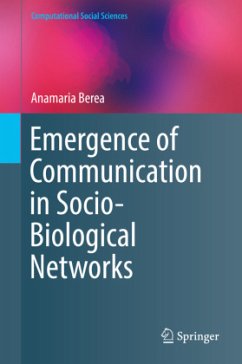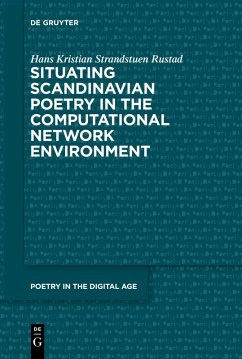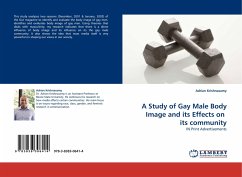
Dialect Contact and Social Networks
Language Change in an Anglophone Community in Japan. Dissertationsschrift
Versandkostenfrei!
Versandfertig in 6-10 Tagen
90,10 €
inkl. MwSt.

PAYBACK Punkte
0 °P sammeln!
This book explores a dialect contact situation in a second language setting - native speakers of English coming to Japan from different parts of the world as English teachers. It focuses on an Anglophone community in which speakers are socially and geographically mobile and have loose-knit networks with speakers of different languages and dialects. This longitudinal sociolinguistic study aims to investigate the relatively short-term linguistic changes induced by frequent face-to-face interaction with speakers of different dialects and to illustrate the impact of social network effects. Statist...
This book explores a dialect contact situation in a second language setting - native speakers of English coming to Japan from different parts of the world as English teachers. It focuses on an Anglophone community in which speakers are socially and geographically mobile and have loose-knit networks with speakers of different languages and dialects. This longitudinal sociolinguistic study aims to investigate the relatively short-term linguistic changes induced by frequent face-to-face interaction with speakers of different dialects and to illustrate the impact of social network effects. Statistical analyses reveal that the individual speakers' interpersonal ties are important factors that influence the linguistic behaviour of the speakers in a dialect contact situation in an L2 setting.












